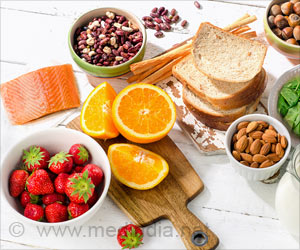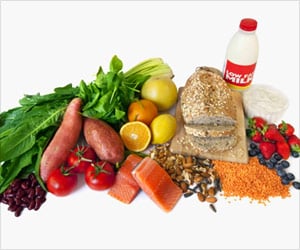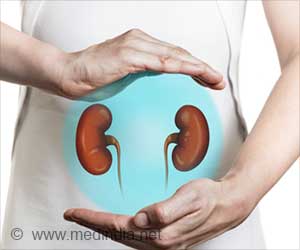Highlights
- People who follow diets similar to that of a DASH diet are at a lower risk of depression.
- The Dietary Approaches to Stop Hypertension (DASH) diet recommends fat-free or low-fat dairy products and limits foods that are high in saturated fats and sugar.
- Those who follow diets more regularly similar to the DASH diet were at an 11% reduced risk of depression.
"Depression is common in older adults and more frequent in people with memory problems, vascular risk factors such as high blood pressure or high cholesterol, or people who have had a stroke," said study author Laurel Cherian, MD, of Rush University Medical Center in Chicago and a member of the American Academy of Neurology.
"Making a lifestyle change such as changing your diet is often preferred over taking medications, so we wanted to see if diet could be an effective way to reduce the risk of depression."
Association Between DASH Diet and Depression
For the study, 964 participants with an average age of 81 were evaluated yearly for an average of six-and-a-half years. They were monitored for symptoms of depression such as being bothered by things that usually didn't affect them and feeling hopeless about the future.
Participants were divided into three groups based on how closely they adhered to the diets. People in the two groups that followed the DASH diet most closely were less likely to develop depression than people in the group that did not follow the diet closely.
On the other hand, the more closely people followed a Western diet--a diet that is high in saturated fats and red meats and low in fruits and vegetables--the more likely they were to develop depression.
Cherian noted that the study does not prove that the DASH diet leads to a reduced risk of depression; it only shows an association.
"Future studies are now needed to confirm these results and to determine the best nutritional components of the DASH diet to prevent depression later in life and to best help people keep their brains healthy," said Cherian.
DASH Diet
The DASH diet includes whole grain products, fish, poultry and nuts in optimal quantities and limits the use of red meat, added sugar, sweetened beverages and sweets. The diet is high in fiber, potassium, low in sodium, saturated fat and cholesterol. Studies have shown health benefits such as lowering high blood pressure and bad cholesterol (LDL), along with lowering body weight.
It gives the following recommendations:
- 7 -8 servings of grain including whole wheat bread, pita bread, cereals, grits, oatmeal and English muffins.
- 4-5 servings of vegetables including potatoes, tomatoes, peas, carrots, broccoli, squash, turnip greens, kale, collards, spinach, sweet potatoes and artichokes.
- 4-5 servings of fruit including bananas, apricots, grapes, dates, oranges, grapefruit, melons, mangoes, prunes, pineapples, peaches, strawberries, raisins, tangerines, orange and grapefruit juices.
- 2-3 servings of dairy foods including skim or low fat milk or low fat buttermilk, non fat or low fat yogurt, non fat cheese, part skim mozzarella cheese.
- 2 or fewer servings of meat, poultry or fish including lean cuts trimmed of fat boiled, broiled or roasted.
- 4-5 servings per week of nuts, seeds and legumes including peanuts, walnuts, almond, kidney beans and lentils.
Source-Medindia
















